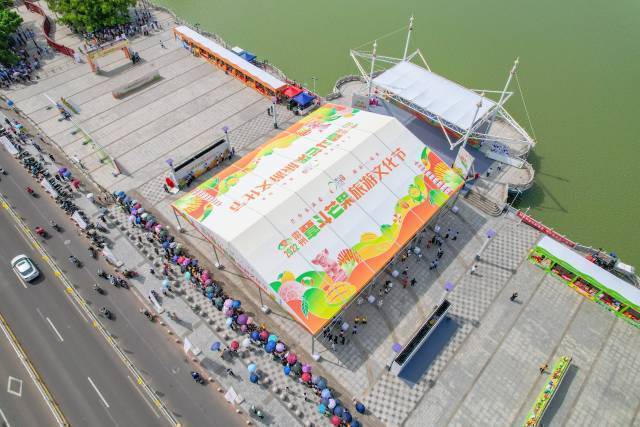Faced with Chinese companies, South Korea's "K battery myth" faded
Author:Global Times Time:2022.07.20
Zhang Jing, a special reporter in Korea in Korea
Affected by the continuous expansion of the Ningde Times of China and BYD, the market share of the Korean battery industry in the global market in the first half of 2022 fell significantly compared with last year. According to the "Korean Weekly" report on the 18th, at the moment when the global battery market is growing rapidly, thanks to the explosive growth of the Chinese market, Chinese battery companies have achieved double growth compared with last year. Korean giants involving the battery industry are feeling market threats. In addition, some European countries have canceled subsidies for electric vehicles to Korean battery companies. There is a voice in South Korea that the Korean battery industry is facing a crisis of growth. However, some experts believe that the conversion of the automotive market to clean energy is only a matter of time, so the current encounter of the Korean battery industry is "the pain of temporary growth."
It is reported that thanks to the explosive growth of the domestic market, Chinese battery companies are rapidly expanding, and related Korean companies, which once created the "K battery myth", are facing fierce competition. From January to May this year, the global market share of the three major battery companies in South Korea was 25.6%, a decrease of 9.1 percentage points from 34.7%in the same period last year. The Korean battery industry must first overcome the supply chain crisis brought about by rising global raw materials. The Korean battery industry relies on China's magnesium, rare earth, lithium and other important materials to rely on 80%, and rely on Russia and Ukraine to depend on more than 30%.
"Unlike China that invested in astronomical figures within 6 months, Korean battery companies have begun to slow down their investment." Asia Daily said that there are 23 battery -related factories in South Korea in the first half of the year. The total investment of the factory is about 75 billion yuan. In the first half of this year, 85 battery industry -related factories started in China. Among them, the total investment of 81 factories with an open investment scale is nearly 600 billion yuan. According to the field, the total investment of 28 battery production plants is about 278 billion yuan, the total investment amount of 16 anode materials and raw material factories is about 112.7 billion yuan, and the total investment amount of 17 cathode factories is about 96.8 billion yuan. RMB. In addition, battery -related factories such as diaphragm and electrolytes have begun to start construction.
Korean media believe that Chinese battery companies that have previously occupied market share through price advantages have now begun to expand the market by improving technological competitiveness, and increase investment in the fields of ternary lithium batteries, cylindrical batteries and other fields to attract global customers. At present, Vehicle manufacturers such as Tesla, BMW, Volkswagen, and Korean car companies such as Kaia and Shuanglong have also begun to adopt Chinese batteries.
Under pressure, Korean companies are trying to promote the implementation of more overseas investment projects, and the main attention is concentrated in North America. The LG energy solution was previously announced that it will establish a battery production plant in Arizona in the second quarter of 2022, but the plan was suspended in June. According to calculations, affected by factors such as high prices and high exchange rates, LG's new energy investment costs may increase to 2 trillion won (about 10.3 billion yuan). ▲
- END -
Tiannan is heavy, mango is fragrant!2022 Leizhou Tan Dou Mango Tourism Culture Festival was held

At the event, it was lively.The fruits are full of thunder city, and the branches ...
Jiangsu Yancheng: Actively serve to ensure that the group of difficult groups is employed

On June 2nd, Pioneer Street Pioneer Community Public Welfare positions in Pioneer ...